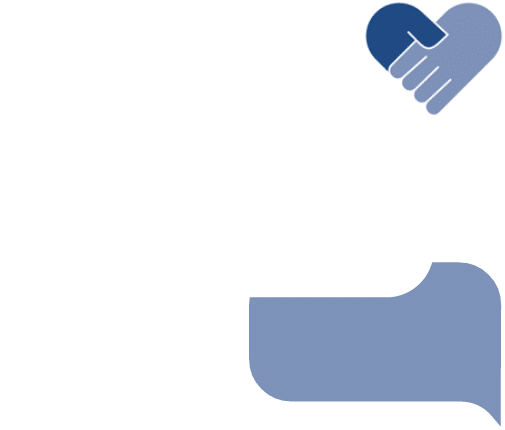Addiction and Mental Health Intervention Services in Kansas
With the Help of Our S.A.F.E.® (Self Awareness Family Education™) Addiction and Mental Health Intervention Services, Families in Kansas do not have to wait for their Loved Ones to Ask for or Want Help
Deciding to do something about a problem must be followed by action if anything is to change. Talking about or saying something about what needs to change is a significant first step and still brings no results if followed by inaction. Families often call into our office seeking help and hope only to be sabotaged by other family members or loved ones with addiction and mental disorders. An intervention is not about waiting for your loved one to reach the bottom; it is about when the person is reading this, and others are at their bottom. Please try to disregard what others say when sabotaging your efforts to seek professional help. Families who take this position are often operating from a place of displaced emotions while holding onto their dysfunctional family role that has become their security blanket. Families in Kansas and elsewhere have options that do not have to include waiting in a holding pattern for other family members to get on board or until your loved one asks for help, wants help, or hits bottom.
Many families in Kansas and elsewhere are often at the mercy of their loved ones who are struggling. Many things a family does are often dictated by whether it will offend or affect another family member or the family member with addiction or mental health disorder struggles. Sometimes, family members can make it difficult for one another to agree on one solution. As dysfunctional family roles play out, almost everyone in the family system has a different mindset and ideas about how and when somebody should address the problem. A family at odds is often influenced by selfishness. In other words, some family members may be making decisions that would benefit or affect them rather than stop the insanity and make a significant change that could allow the loved one needing help a chance to get help. We are not saying in any way to put addiction or mental disorder first by way of enabling or to believe that the family is the cause that started the problems. What we are saying is to let go of the fears that you have and do something about the problem before the problem does something to you. Until you let go of your fears of the unknown outcome and address the problem, your loved one is going to continue to hold your family hostage with their behavior, addiction, and mental health disorder. Although families do not create the problem, they often cause it to stay the same or worsen.
Before a family or a substance user can make a change, they first must decide they are going to stop doing what they are doing. Once that decision is made, it must be followed with swift action in the form of an addiction and mental health intervention. Whether your loved one is in Kansas, the Midwest, or anywhere else, our intervention services can help by helping your Family First.
Meet Our Experienced Intervention Counselors

Mike Loverde, MHS, CIP
Clinical Director & Founder, Family First Intervention



Lisa Loverde, CADC
CFO & Compliance Officer
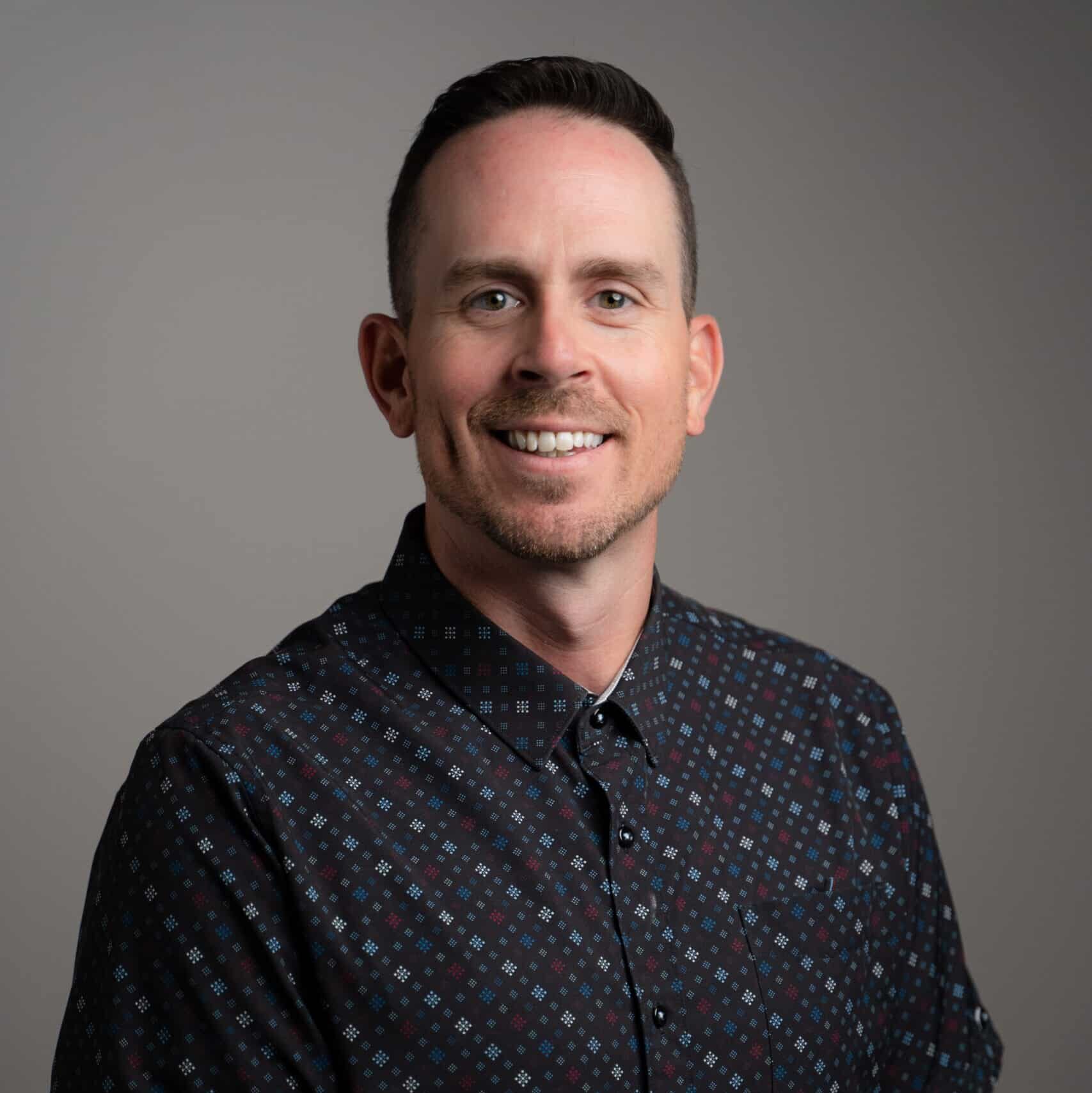


Adam Faulkner
CEO
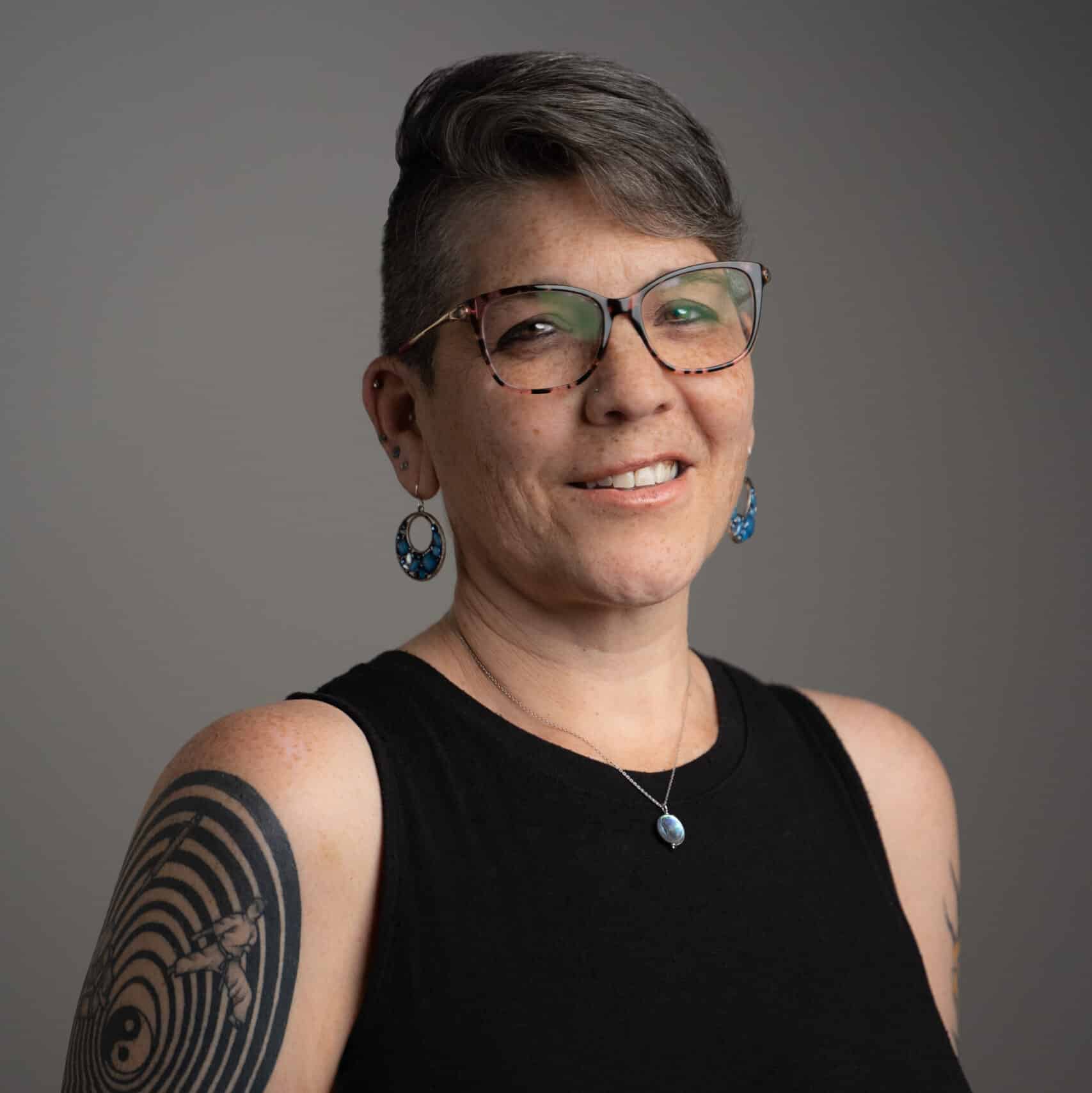


Regina Greene, MS, NLP, Psy.D. (Doctoral Candidate)
Director of S.A.F.E.® Family Recovery



Lydia Negron, MT-BC
S.A.F.E.® Family Recovery & Post Intervention Support
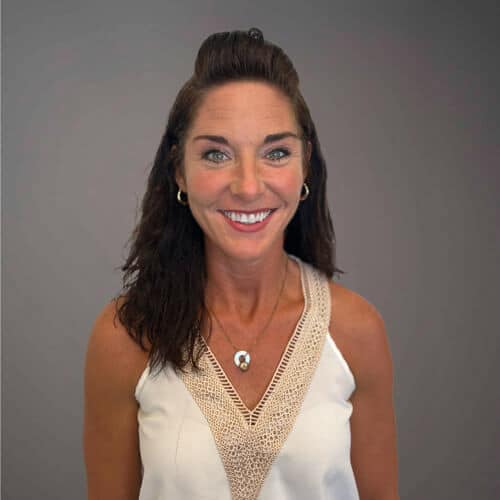


Meghan Gaydos, MA
S.A.F.E.® Family Recovery & Post Intervention Support
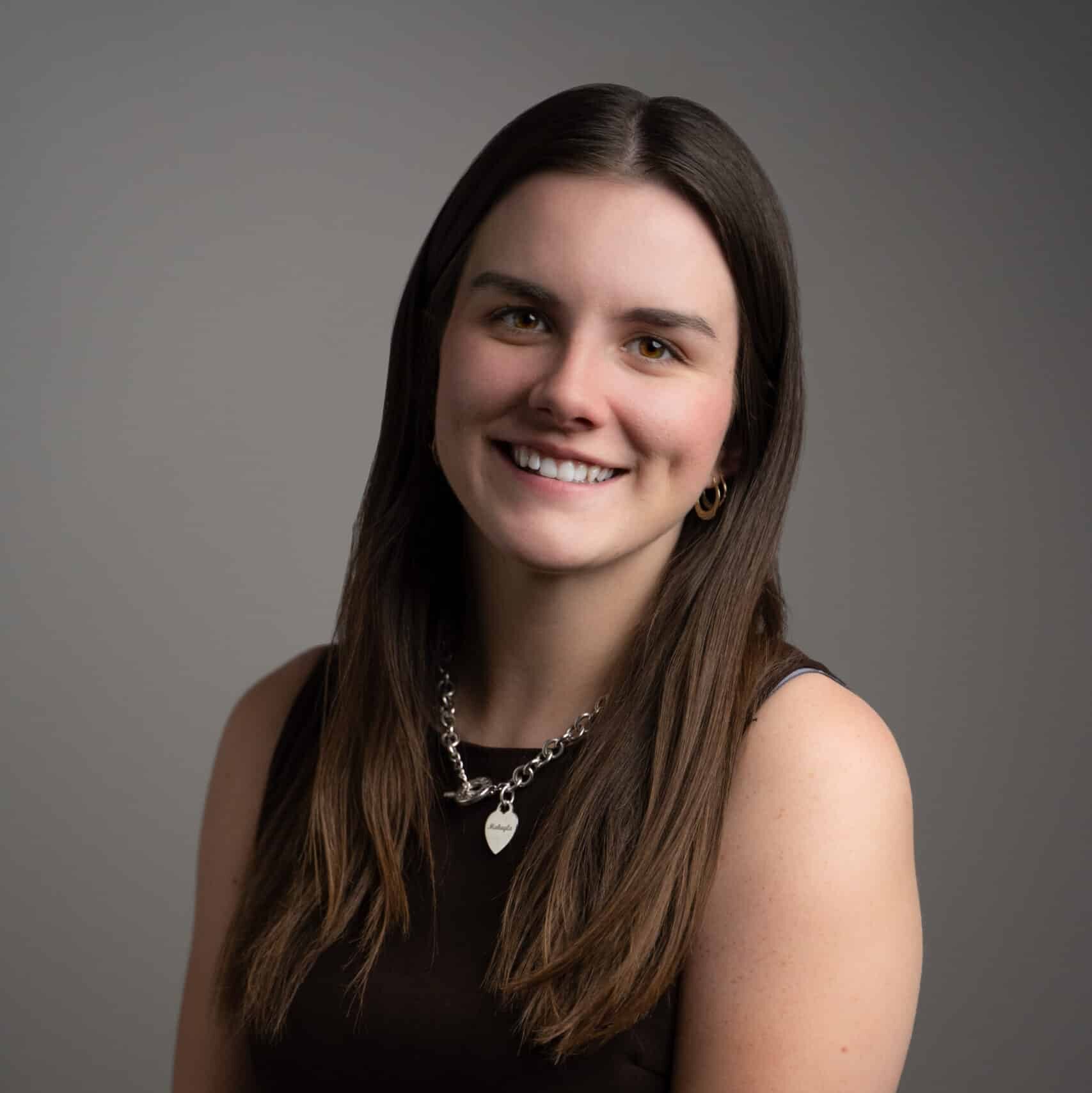


Makayla Zubal
Administrative Assistant
An intervention is not about how to control your loved one with a substance use or mental health disorder; it is about learning how to let go of believing you can.
Arizona Addiction and Mental Health Services for Families
For families, setting up an intervention can be extremely difficult. Our professionals must work countless hours to unite several personalities, opinions, and dysfunctional family roles to agree upon a common strategy. After getting past this challenging part, we arrange a temporary treatment plan. We say temporary because treatment plans are constantly evolving and changing. The following steps include setting dates, ironing out logistics, and implementing a plan. Our addiction and mental health interventionist then come to your family in Kansas or anywhere else you request we come to. The first face-to-face meeting is with your family in the absence of your loved one, which we will be intervening with the next day. The loved one who needs help will not know about the meeting, and family members should not let them know the plan. The next day is the face-to-face intervention with your family, the interventionist, and your loved one. After the intervention takes place, your loved one will either accept help or decline help. Please remember, we are not necessarily addressing addiction or mental health; we are addressing behaviors and the resistance to treatment. Addressing addiction and mental health is a job for the dual diagnosis treatment facility, and setting up the treatment plan is part of the assessment. Families are often hung up on mental health diagnoses, alcohol consumption, and drugs of choice. We are well-versed in behavior volatility associated with addiction and mental health. Our interventionists are trained professionals capable of utilizing evidence-based treatment strategies such as motivational interviewing to help your loved one commit to treatment.
Once the easiest part of the intervention is complete, families move into our aftercare department. We did not speak; the intervention is the easiest part, yet it is the part almost everyone in the family fears. Families will struggle the most in our aftercare, regardless of the outcome. Should your loved one decline help, the family will move into a specific curriculum to help you navigate the next steps. When your loved one accepts help and enters treatment, our aftercare specialists will guide you through your emotional volatility. The most challenging groups are families who have a loved one who is in a treatment center. The two biggest reasons families at this crossroad face more challenges are the spotlight on the dysfunctional family roles and the belief that the hard part is over because your loved one is in treatment. So much can happen when someone accepts help. As the family cycles through the stages of grief and volatile emotions, so will your loved one. It is not uncommon for someone to try and test family boundaries and attempt to leave treatment against medical advice and head back to Kansas or wherever they may have lived before the intervention. When this occurs, you will need a team of professionals collaborating with your family and the treatment center to get you through this.
The list of reasons a family needs support after the intervention is endless. Not all interventionists understand this, and almost none offer or can offer the required resources to support families after an intervention.
What to Consider When Choosing an Interventionist in Kansas and Elsewhere
The interventionist field has been growing exponentially. Today, many people new to recovery with a passion for helping are flooding the field, believing they are helping people by offering interventions. Interventions that only involve someone coming to your home to state the apparent effects of enabling, followed by a recovery story to inspire your loved one into treatment, are not interventions. Families in Kansas and elsewhere must realize this before having someone in their home. An intervention is a clinical instrument that should only be performed by professionals. Almost every interventionist today does so with no office, professional liability insurance, or understanding of clinical intervention. Now that some are catching on to what an intervention is, they are starting to say they offer ongoing family support but still need more understanding of what that means.
Interventions require clinical skills and an understanding of how the complexity of dysfunctional family roles and the client’s environment contribute to the success and failure of treatment and intervention outcomes. Retaining a local interventionist in Kansas based on costs and convenience is not a service you should pay for. If all a family wants is a cost-convenient approach to talk their loved one into treatment, then look no further than your local Alcoholics or Narcotics Anonymous meetings. Members of these twelve-step organizations will perform a twelve-step call free of charge as part of their service work. A twelfth-step call is someone sharing their experience, strength, and hope to inspire change. The speech approach is not an intervention; it does not address the family or the environment or provide a clinical assessment or family aftercare. The book Alcoholics Anonymous on pg. Fifty-nine states that “half measures availed us nothing.” The quote applies to families looking for a shortcut to intervention just as much as those who need help looking for an easy way out. Solutions for addiction and mental health that focus on convenience and comfort will rarely produce successful outcomes, and there are no shortcuts to the solutions that are required to address problems of this severity.
“The most formidable challenge we professionals face is families not accepting our suggested solutions. Rather, they only hear us challenging theirs. Interventions are as much about families letting go of old ideas as they are about being open to new ones. Before a family can do something about the problem, they must stop allowing the problem to persist. These same thoughts and principles apply to your loved one in need of help.”
Mike Loverde, MHS, CIP


